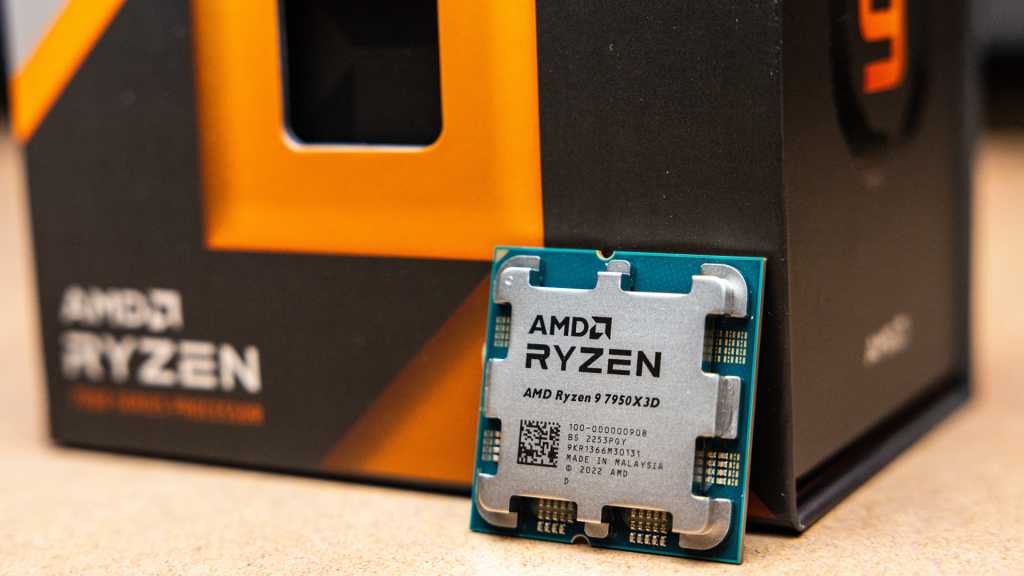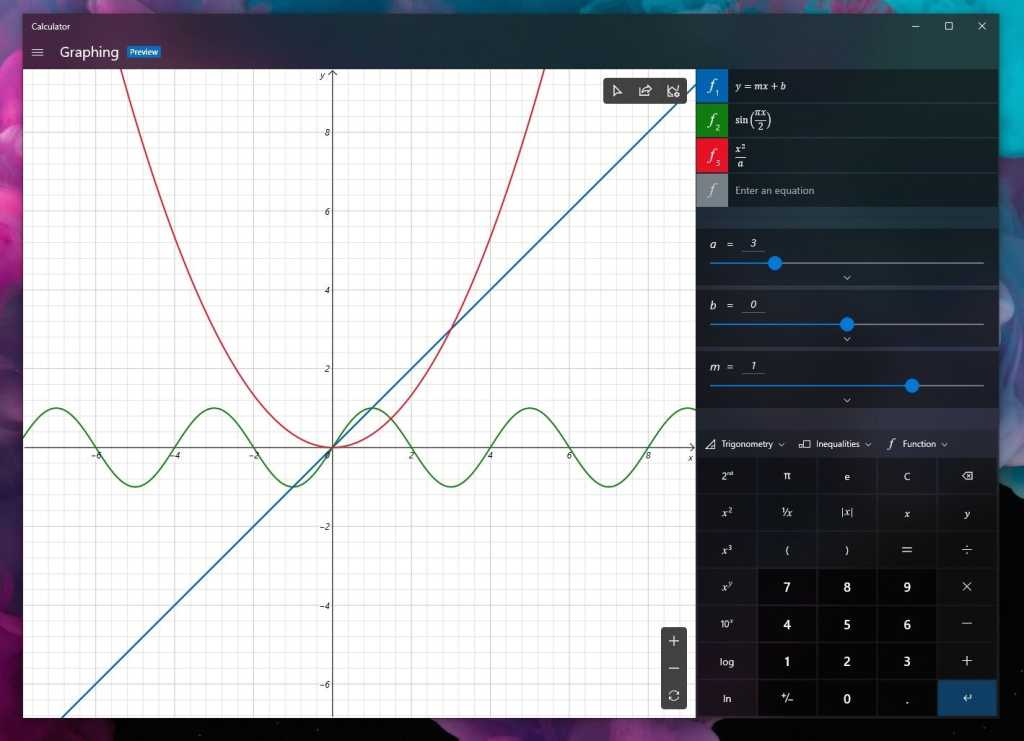If you’re lucky enough to have one of AMD’s screaming new X3D CPUs designed from the ground up to boost gaming performance, you might want to check your motherboard’s manufacturer for a new BIOS update. After a few isolated reports of Ryzen 7000X3D chips burning out after just a few weeks, the company seems to be working with AM5 motherboard manufacturers to put new voltage restrictions in place. Better safe than sorry, I suppose.
Over the weekend several reports from Reddit users (collected by Tom’s Hardware) and notable overclocker der8auer indicated that something was amiss with the chips and at least some motherboard models. If you’ve been reading up on the Ryzen X3D chips, which feature extra V-cache accessible to the processor cores, you know that they don’t allow overclocking via standard software tools. That extra cache apparently makes the chips much more sensitive to temperature variations than normal Ryzen CPUs, so easy overclocking has been disabled as an act of caution. (Not that it stops the more dedicated overclockers, of course.) X3D chips can still get limited bursts of extra speed via Precision Boost Overdrive.
Early this morning an official MSI employee posting on the company’s subreddit announced a series of BIOS updates, sent out for MSI AMD motherboards with X670E, X670-P, B650, and A620 chipsets, which restrict voltage settings to negative offset only. That should make it almost impossible for less technical users to overclock the X3D processors beyond the Precision Boost Overdrive mode, which is getting an enhanced mode with the new changes.
Other manufacturers of AMD-compatible motherboards haven’t released new BIOS updates, but more may follow soon out of an abundance of caution — those X3D chips don’t come cheap. Asus, which has seen a few of the isolated burnout incidents as well, has pulled some of its latest motherboard BIOS updates from its download page, probably in advanced of similar patches.
Update: AMD reached out to PCWorld with a prepared statement.
We are aware of a limited number of reports online claiming that excess voltage while overclocking may have damaged the motherboard socket and pin pads. We are actively investigating the situation and are working with our ODM partners to ensure voltages applied to Ryzen 7000X3D CPUs via motherboard BIOS settings are within product specifications. Anyone whose CPU may have been impacted by this issue should contact AMD customer support.
…and so did Asus:
Several AMD Ryzen7000X3D owners have reported CPU and motherboard failures. We acknowledge the incidents/issues and have been communicating with AMD to analyze the possible causes. We have also contacted affected users to provide support and collect additional information.
Ryzen 7000X3D processors do not allow for CPU ratio or CPU core voltage tuning (CPU overclocking) but do allow for performance tuning and DRAM overclocking via PBO2 and EXPO memory. To support EXPO and/or memory overclocking at DDR5-6000 and beyond, SoC voltage has to be sufficiently increased to ensure compatibility and stability. The amount of voltage required varies between CPU samples. Some processors are more sensitive to overvoltage than others, and some are capable at running higher memory frequencies without needing as much voltage.
As confirmed with AMD, any intentional manipulation of these settings can damage the processor, socket, and motherboard. To mitigate this, we have been working with AMD to define new rules for EXPO memory and SoC voltage. To help protect the CPU and motherboard, we are issuing new EFI updates to limit the maximum available SoC voltage to 1.3V.
We recommend updating your motherboard UEFI BIOS to the latest release. Please also ensure the CPU is cooled adequately. Our recommendation is to use at least a 240mm AIO liquid cooler or high-performance air cooler.
If you have been affected, please do not hesitate to contact ASUS support for your region.





